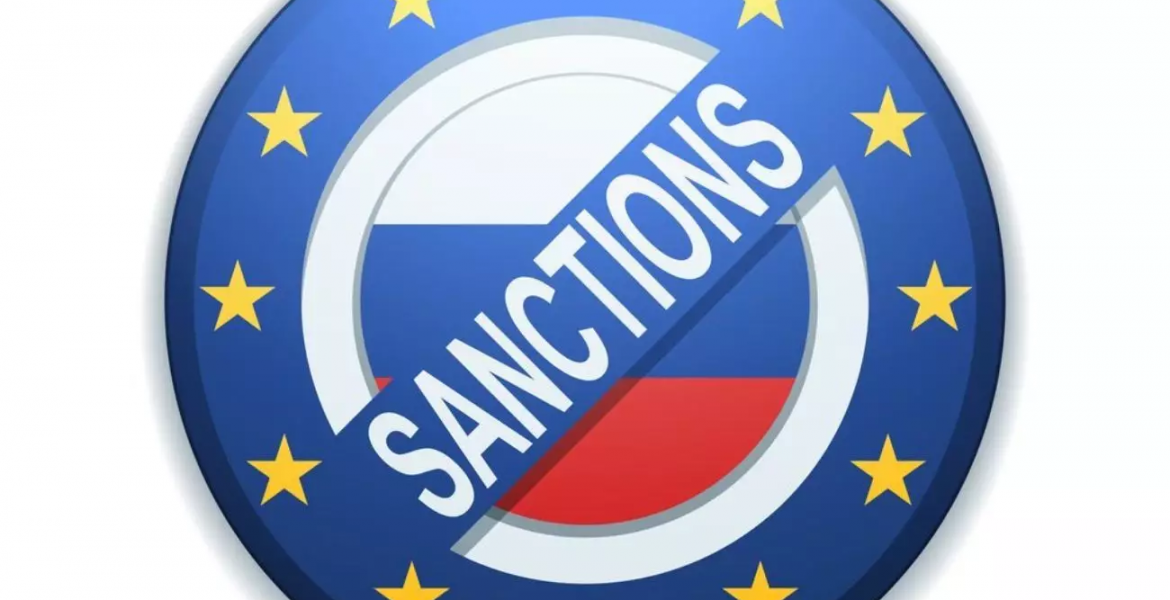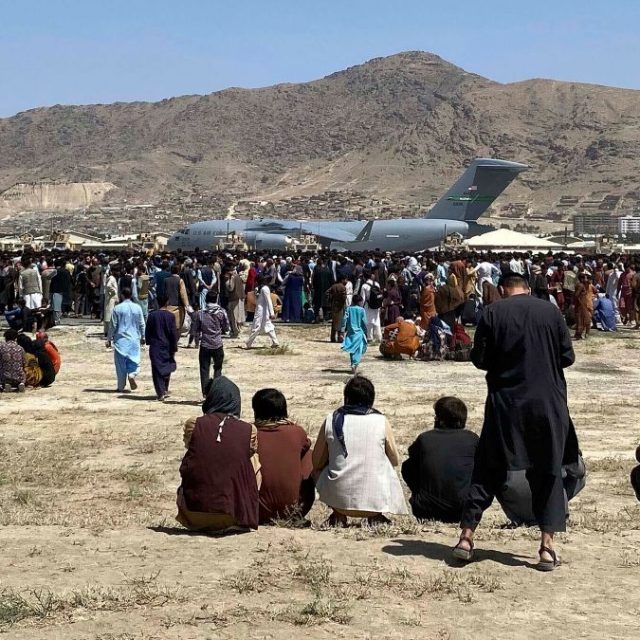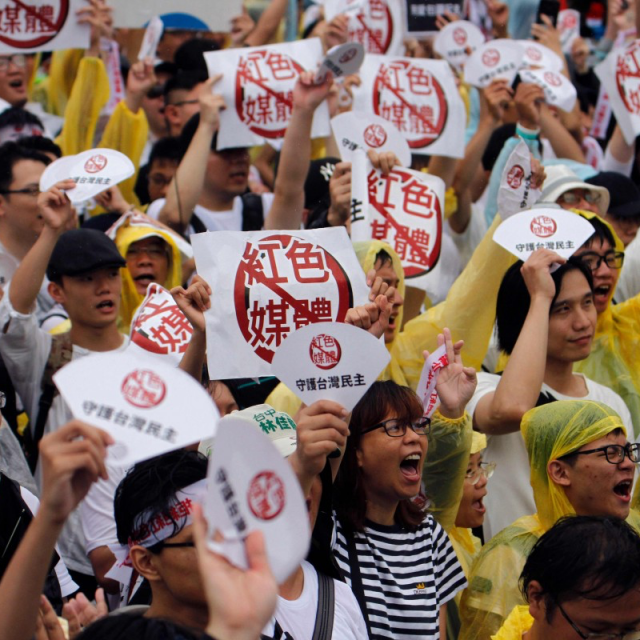EU member states decided on Tuesday (26 July) to prolong by six months, until 31 January 2023 the restrictive measures targeting specific sectors of the economy of the Russian Federation.
These sanctions, first introduced in 2014 in response to Russia’s actions destabilising the situation in Ukraine, were significantly expanded since February 2022, in light of Russia’s “unprovoked and unjustified military aggression against Ukraine.”
They currently consist of a broad spectrum of sectoral measures, including restrictions on finance, energy, technology and dual-use goods, industry, transport and luxury goods.
A council statement reads, “In addition to the economic sanctions on the Russian Federation, the EU has in place different types of measures in response to Russia’s destabilising actions against Ukraine. These include: restrictions on economic relations with the illegally annexed Crimea and the city of Sevastopol as well as the non-government controlled areas of the Donetsk and Luhansk oblasts; individual restrictive measures (asset freezes and travel restrictions) on a broad range of individuals and entities, and diplomatic measures.
“Since 24 February, the EU has adopted a number of unprecedented and hard-hitting packages of sanctions in response to Russia’s full-scale invasion of Ukraine.”
“The EU condemns in the strongest possible terms Russia’s war of aggression against Ukraine, which blatantly violates Ukraine’s sovereignty and territorial integrity. It urges Russia to immediately stop its indiscriminate attacks against civilians and civilian infrastructure, and to immediately and unconditionally withdraw all its troops and military equipment from the entire territory of Ukraine within its internationally recognised borders.”
“The European Union is unwavering in its commitment to help Ukraine exercise its inherent right of self-defence against the Russian aggression and build a peaceful, democratic and prosperous future. It also remains committed to continue bolstering Ukraine’s ability to defend its territorial integrity and sovereignty,” it concludes.




